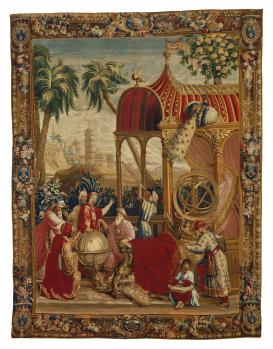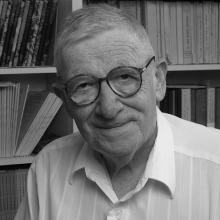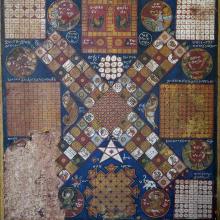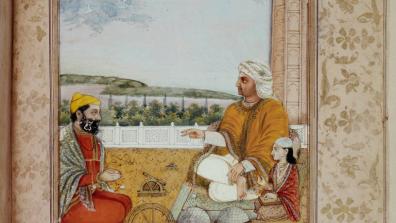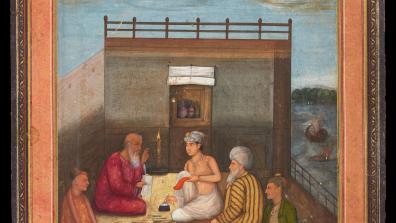Distinct from Transmission’s focus on communication pathways, Translocation explores the fascinating physical and temporal journeys of astral knowledge across diverse Asian geographies and cultures. Acting as a spatiotemporal cartographer, it meticulously traces the movement of knowledge elements across different locations, mediums, and institutions, bridging space and time. This domain encompasses diverse modalities of knowledge migration, exploring not only how knowledge elements traveled across geographical boundaries and transformed with changing formats (oral to written, manuscript to print), but also how it transcended temporal boundaries through various modes of preservation and adaptation.
Imagine, for instance, tracing the circulation of woodblock imprints in Imperial China of the second millennia CE. This journey reveals not only the physical movement of the imprinting objects and the resultant geographical spread of mechanical reproductions, but also the fascinating changes in the printing techniques and aspirations of the societies consuming these products over time. Similarly, tracking the relocation of scholars, for instance, from Iran to India, and the subsequent adaptation of their knowledge systems within new cultural contexts sheds light on the dynamic interplay between spatial and temporal factors in knowledge exchange. By studying these diverse modes of transportation, ASTRA aims to uncover the hidden pathways, physical mediums, and institutional networks that facilitated the movement, transformation, and temporal persistence of astral knowledge across Asia’s vast territories.

